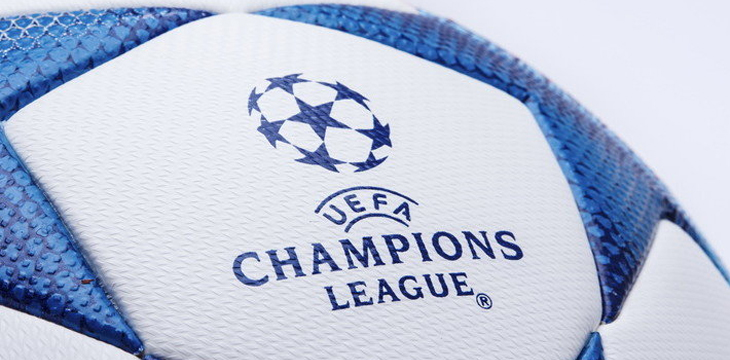
|
Getting your Trinity Audio player ready... |
European football’s governing body UEFA has hailed a recent blockchain ticketing trial a success, following its use during this month’s Super Cup fixture between Real Madrid and Atlético Madrid.
UEFA used blockchain technology to distribute tickets for the game, a head to head clash between the winners of Europe’s two foremost continental club championships, which was held in Tallin, Estonia last week.
On its website, UEFA confirmed the trial was a success, with fans receiving their tickets through a mobile app, and admissions handled entirely electronically by smartphone. The use case was one of the first of its kind and scale integrating blockchain technology in ticketing for a major sporting event.
ICYMI: The safer, more secure future of ticketing is here! ⛓️ 🎟️ 📲https://t.co/NT4Cz7cZf3
— UEFA (@UEFA) August 17, 2018
The app is powered by a blockchain for ticket distribution directly to fans, with Bluetooth technology used to verify entry at the gate. The blockchain-based app, available for iOS and Android, was designed to protect ticketing revenues, and in particular, to address the problems of ticket reselling, duplicates and fakes.
The app follows on from significant crowd trouble at the 2007 UEFA Champions League final, which was later attributed to overcrowding caused by the sale of counterfeit tickets, thought to have been responsible for thousands of unauthorised admissions on the day.
The ticketing system aims to deliver tickets directly to registered fans through the app to prevent touting, and successfully handled 100% of ticketing for the Super Cup match.
Fans are sent an activation code on completing their purchase, and a link they can use to download their ticket. The app then requires the ticket holder to register some basic details, with the option to transfer tickets to friends in seconds. Fans then use Bluetooth on their mobile device to gain entry on matchday, before scanning their ticket QR code at the turnstyle for admission.
Tackling the issues of fraud and ticket resale, as well as simplifying the admissions process, the ticketing system could result in significant efficiency gains for UEFA, reducing costs and improving crowd flow around major fixtures.
The system was initially trialed at the 2018 Europa League final, which saw 50% of its tickets allocated through the platform. With both trials having run smoothly, UEFA is now expected to roll out the technology across more of their matches.

 11-22-2024
11-22-2024


